What Are The Symptoms Of Lung Cancer
06 Apr, 2021
Dr. Rajesh Bollam
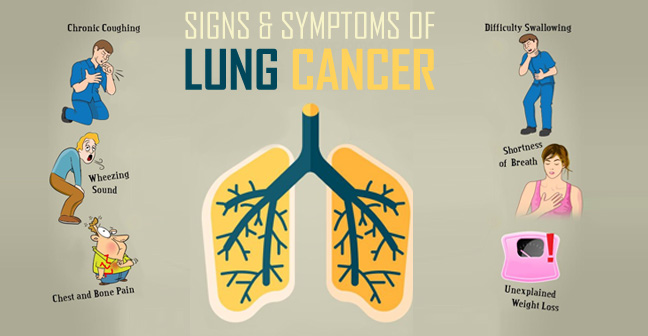
Symptoms of non-small cell lung cancer and small cell lung cancer are basically the same.
Early symptoms may include:
- lingering or worsening cough
- coughing up phlegm or blood
- chest pain that worsens when you breathe deeply, laugh, or cough
- hoarseness
- shortness of breath
- wheezing
- weakness and fatigue
- loss of appetite and weight loss
You might also have recurrent respiratory infections such as pneumonia or bronchitis.
As cancer spreads, additional symptoms depend on where new tumors form. For example, if in the:
- lymph nodes: lumps, particularly in the neck or collarbone
- bones: bone pain, particularly in the back, ribs, or hips
- brain or spine: headache, dizziness, balance issues, or numbness in arms or legs
- liver: yellowing of skin and eyes (jaundice)
Tumors at the top of the lungs can affect facial nerves, leading to drooping of one eyelid, small pupil, or lack of perspiration on one side of the face. Together, these symptoms are called Horner syndrome. It can also cause shoulder pain.
Tumors can press on the large vein that transports blood between the head, arms, and heart. This can cause swelling of the face, neck, upper chest, and arms.
Lung cancer sometimes creates a substance similar to hormones, causing a wide variety of symptoms called Para neoplastic syndrome, which include:
- muscle weakness
- nausea
- vomiting
- fluid retention
- high blood pressure
- high blood sugar
- confusion
- seizures
- coma
Lung cancer and back pain
Back pain is fairly common in the general population. It’s possible to have lung cancer and unrelated back pain. Most people with back pain don’t have lung cancer.
Not everyone with lung cancer gets back pain, but many do. For some people, back pain turns out to be one of the first symptoms of lung cancer.
Back pain can be due to the pressure of large tumors growing in the lungs. It can also mean that cancer has spread to your spine or ribs. As it grows, a cancerous tumor can cause compression of the spinal cord.
That can lead to neurologic deterioration causing:
- weakness of the arms and legs
- numbness or loss of sensation in the legs and feet
- urinary and bowel incontinence
- interference with the spinal blood supply
Without treatment, back pain caused by cancer will continue to worsen. Back pain may improve if treatment such as surgery, radiation, or chemotherapy can successfully remove or shrink the tumor.
In addition, your doctor can use corticosteroids or prescribe pain relievers such as acetaminophen and nonsteroidal anti-inflammatory drugs (NSAIDs). For more severe pain, opioids such as morphine or oxycodone may be needed.
Recent Posts
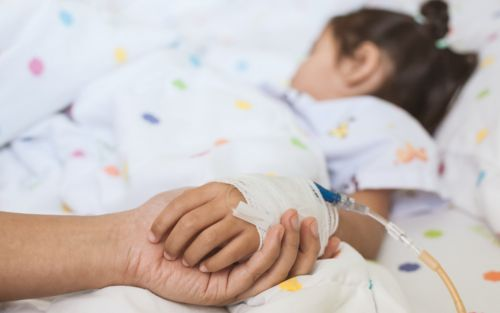
Bone Marrow Transplantation in children
Aug 27, 2024
Dr. Rajesh Bollam

All you need to know about Childhood Cancers
Aug 26, 2024
Dr. Rajesh Bollam
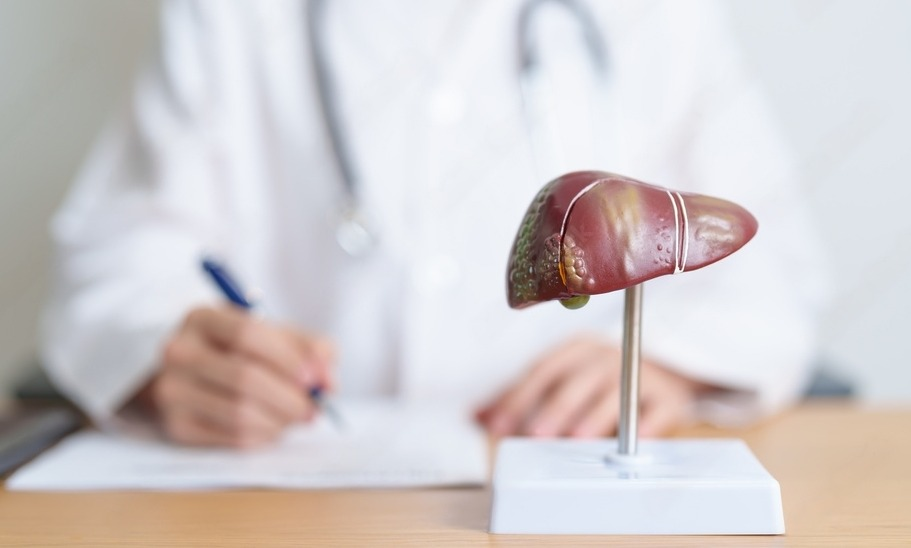
Signs of Liver Cancer
May 30, 2024
Dr. Rajesh Bollam
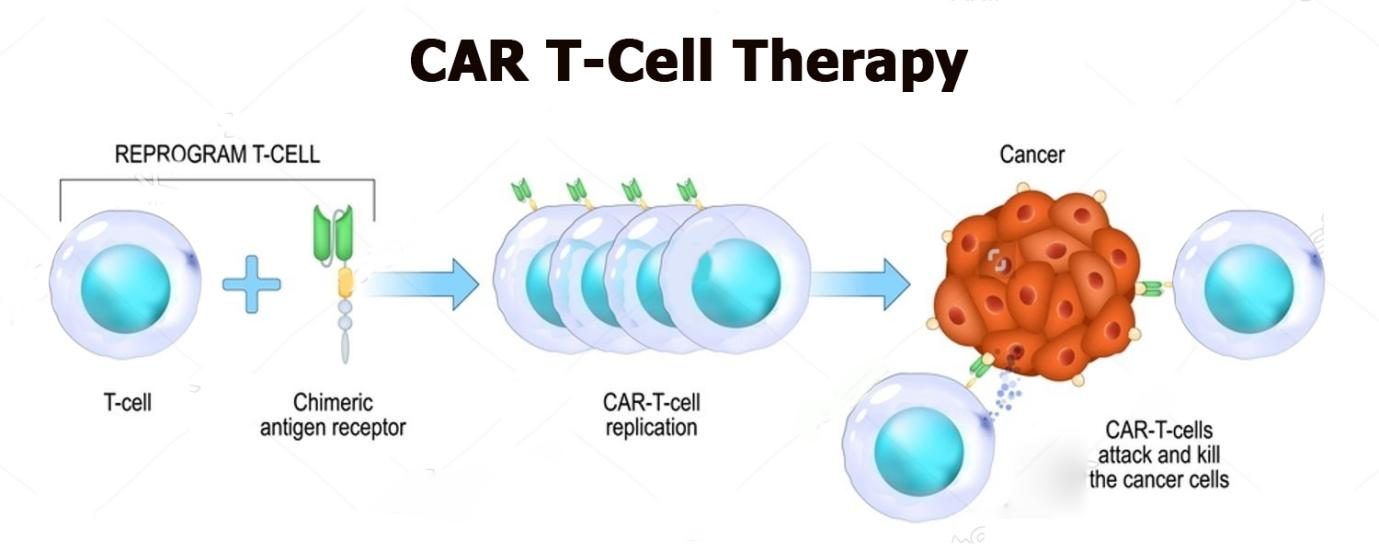
CAR T-cell therapy
Mar 01, 2024
Dr. Rajesh Bollam
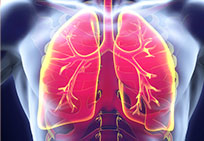
Mediastinal tumors
Jun 03, 2022
Dr. Rajesh Bollam
.jpg)
Blood Cancer Journal
Apr 29, 2022
Dr. Rajesh Bollam
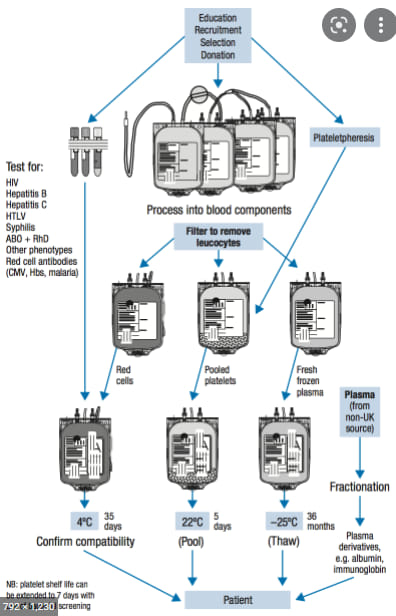
Transfusion medicine for RBCs
Apr 18, 2022
Dr. Rajesh Bollam
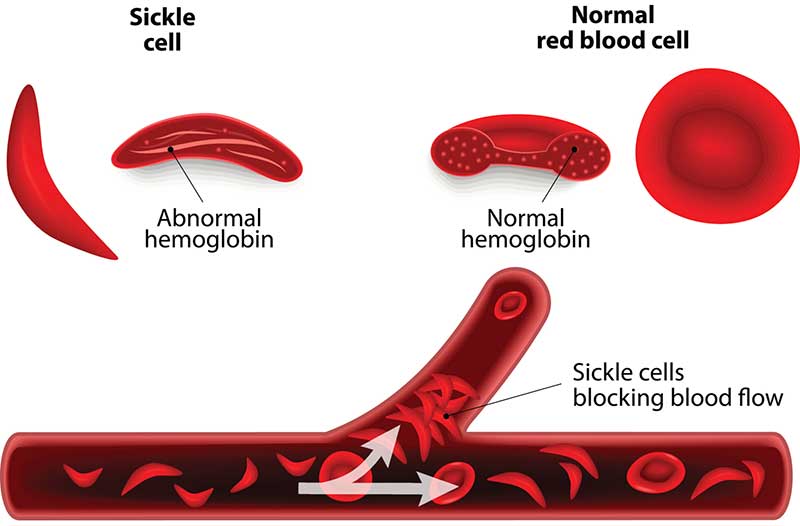
Sickle Cell Anemia
Apr 15, 2022
Dr. Rajesh Bollam
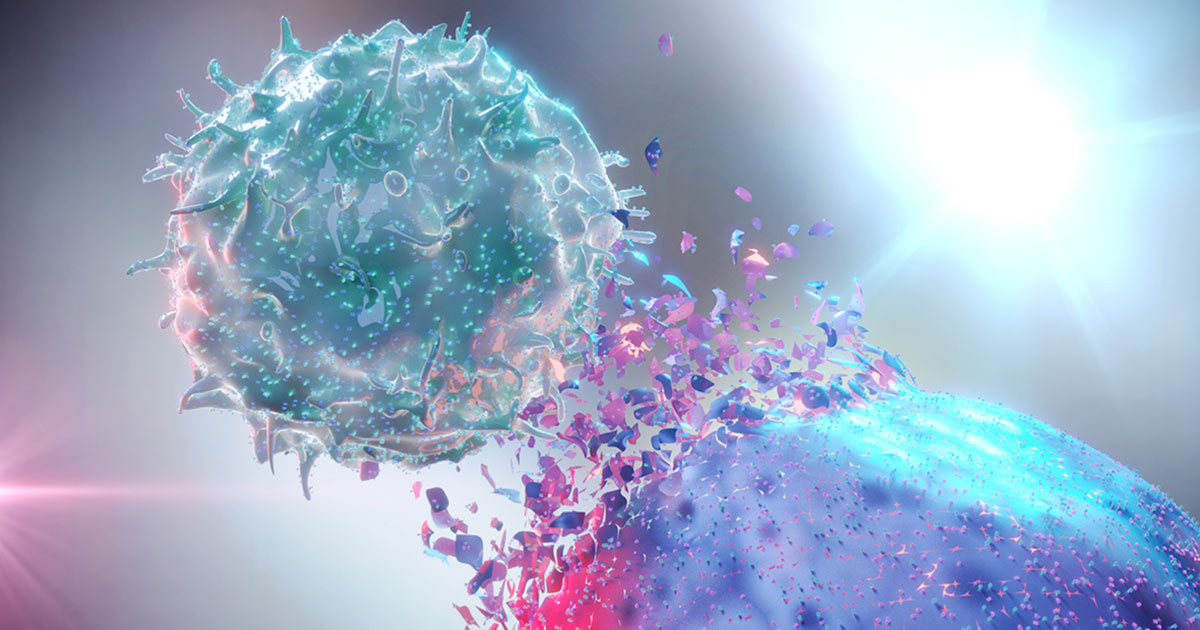
What’s new in cancer immunotherapy?
Nov 30, 2021
Dr. Rajesh Bollam

What is immunotherapy?
Nov 30, 2021
Dr. Rajesh Bollam
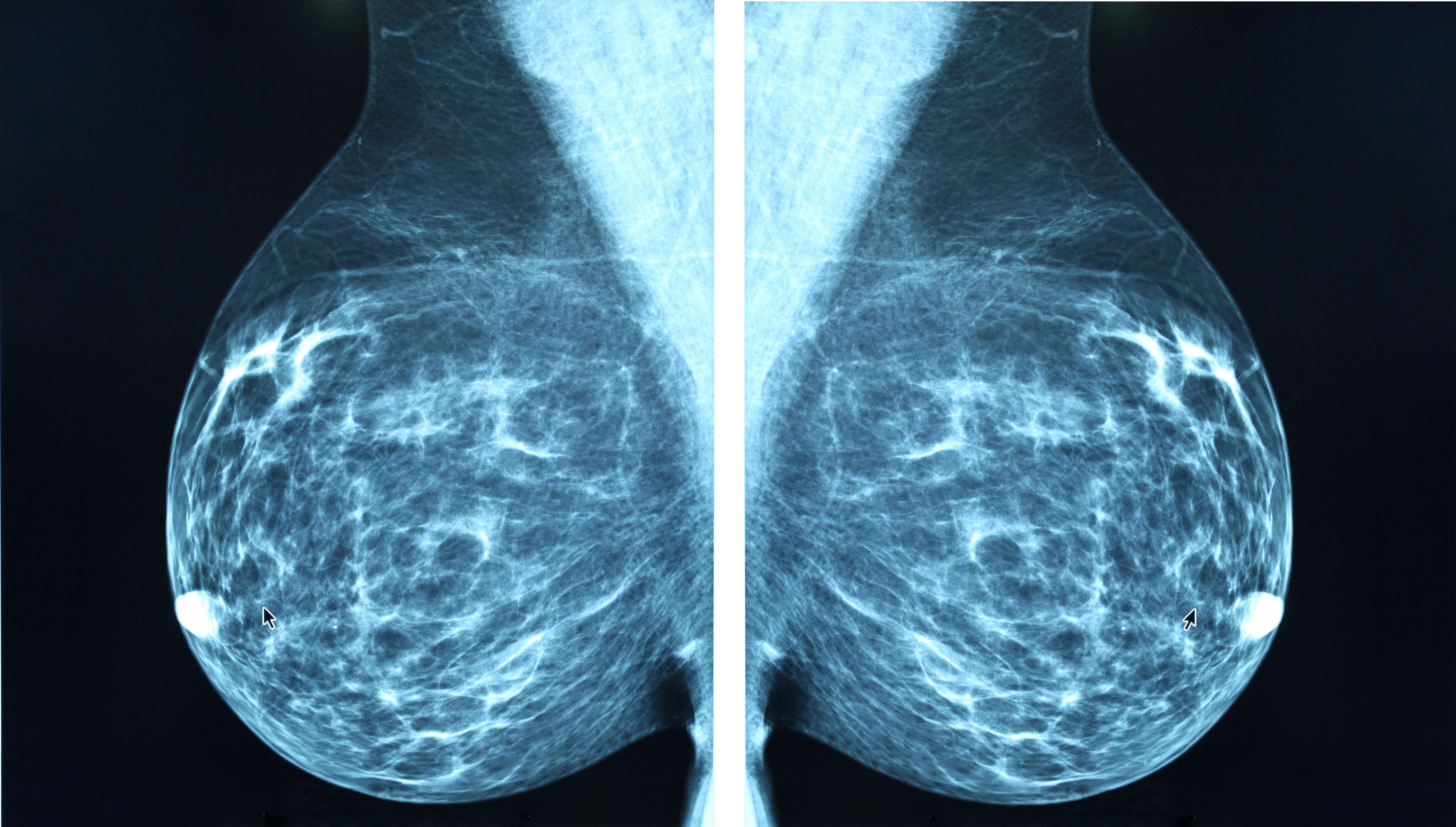
What causes breast cancer?
Nov 30, 2021
Dr. Rajesh Bollam

Who gets breast cancer?
Nov 30, 2021
Dr. Rajesh Bollam
Breast cancer symptoms
Nov 30, 2021
Dr. Rajesh Bollam
.jpg)
Types of breast cancer
Nov 30, 2021
Dr. Rajesh Bollam
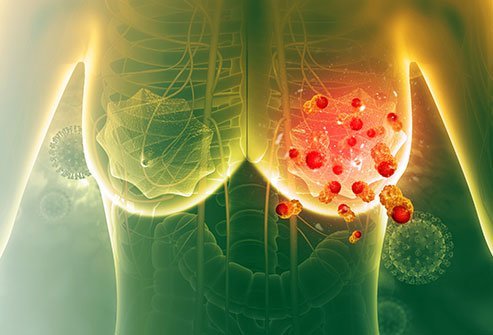
Types of invasive breast cancers
Nov 30, 2021
Dr. Rajesh Bollam
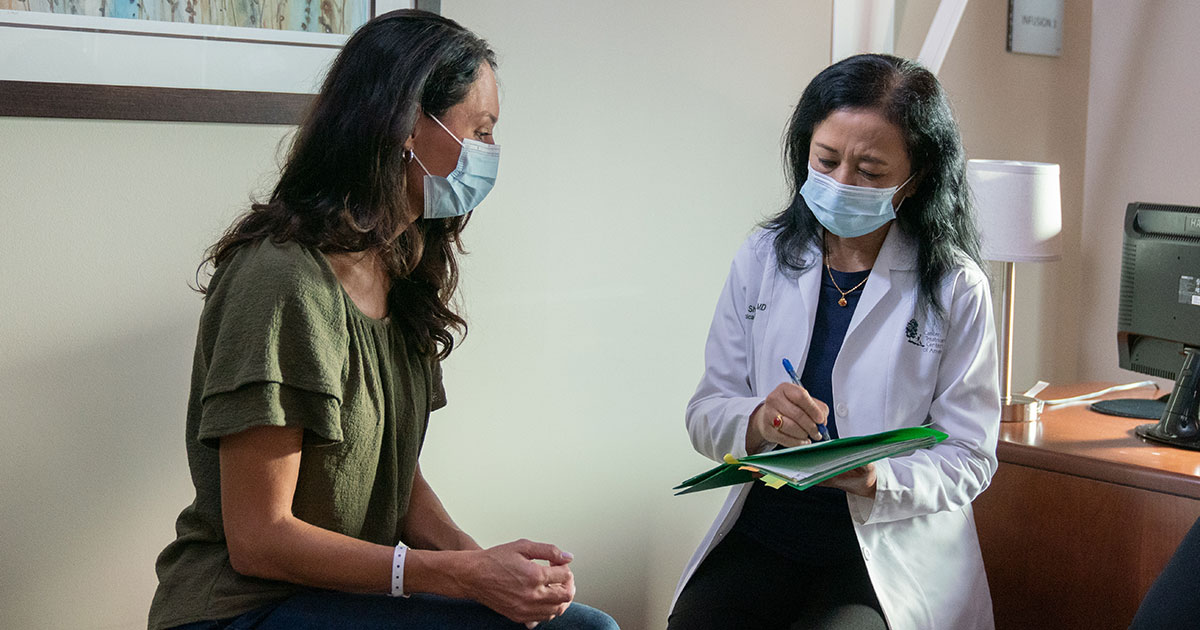
Breast cancer treatment plan
Nov 30, 2021
Dr. Rajesh Bollam
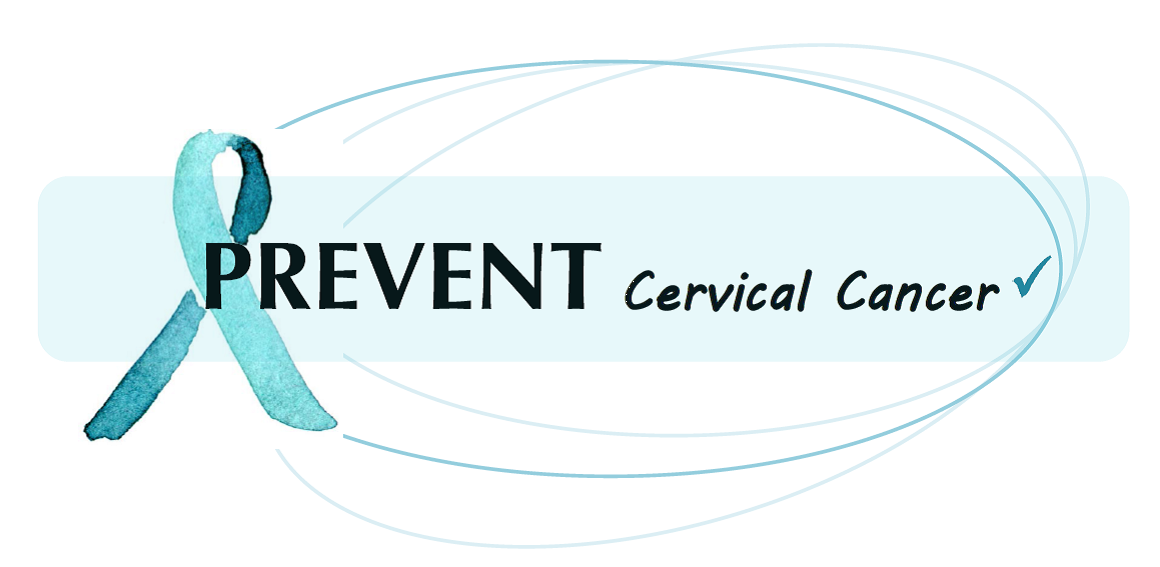
How to prevent cervical cancer
Nov 22, 2021
Dr. Rajesh Bollam
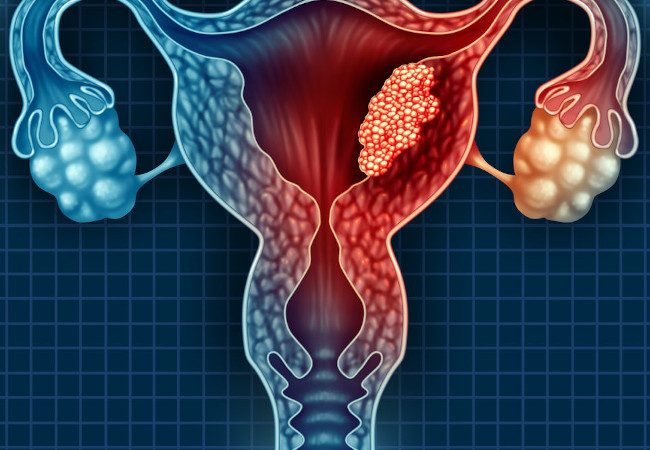
What is cervical cancer?
Nov 22, 2021
Dr. Rajesh Bollam
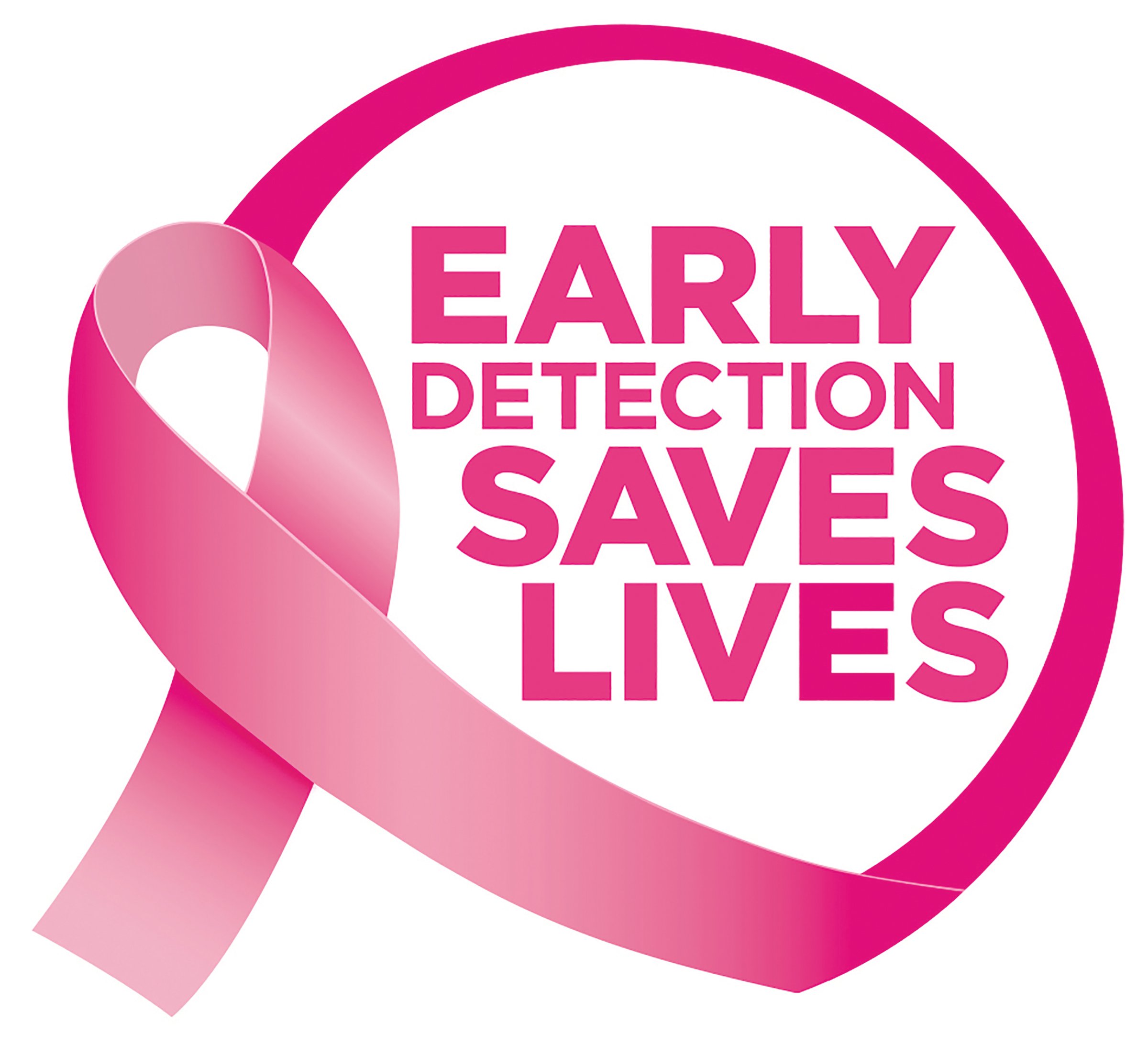
Are there tests for early detection?
Nov 22, 2021
Dr. Rajesh Bollam

Breast cancer risk factors
Nov 22, 2021
Dr. Rajesh Bollam

Staging and Treatment for oral cancer
Nov 22, 2021
Dr. Rajesh Bollam
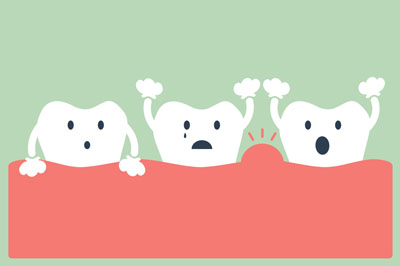
How to prevent oral cancer
Nov 22, 2021
Dr. Rajesh Bollam

Risk factors of oral cancer
Nov 22, 2021
Dr. Rajesh Bollam

What is oral cancer?
Nov 22, 2021
Dr. Rajesh Bollam
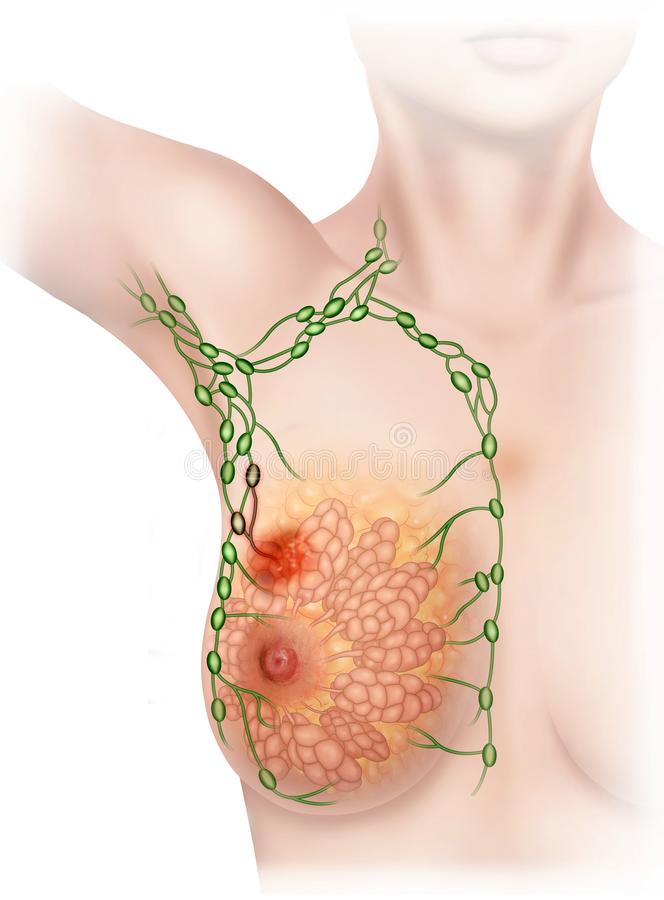
The Lymph System of the Breast
Nov 22, 2021
Dr. Rajesh Bollam
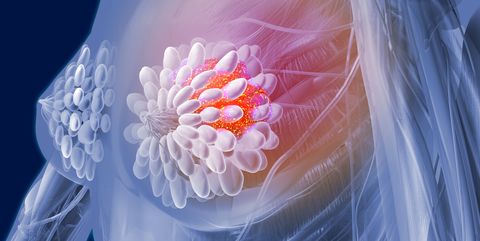
What Is Breast Cancer?
Nov 22, 2021
Dr. Rajesh Bollam
.jpeg)
Kidney Cancer: Myths & Reality
Nov 12, 2021
Dr. Rajesh Bollam
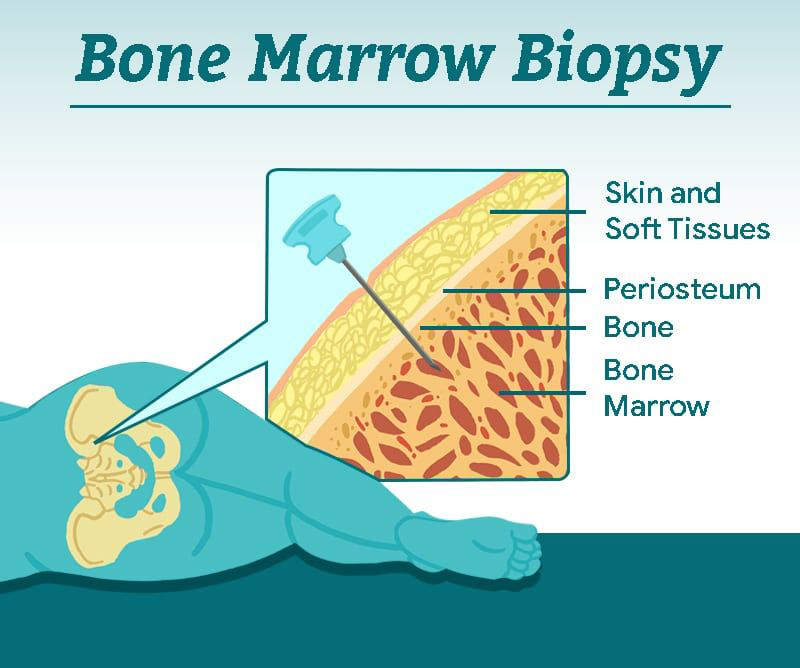
Bone marrow biopsy
Sep 29, 2021
Dr. Rajesh Bollam
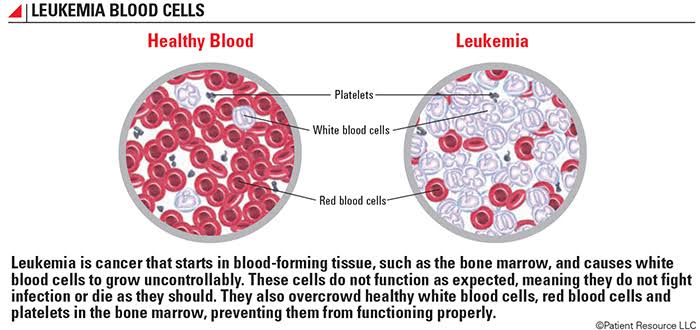
Leukemia
May 28, 2021
Dr. Rajesh Bollam
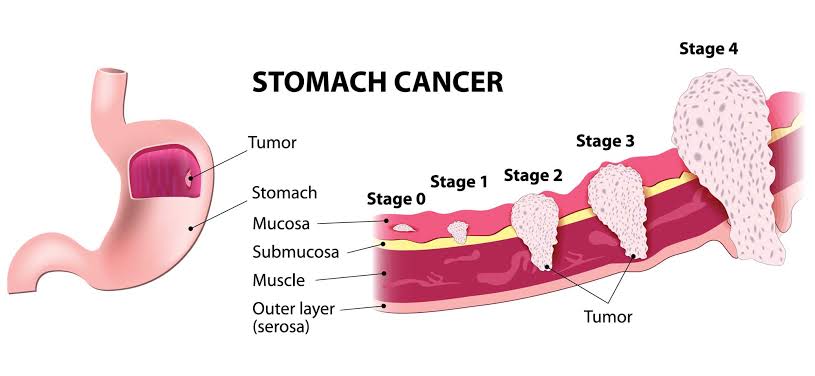
Stomach Cancer
May 28, 2021
Dr. Rajesh Bollam
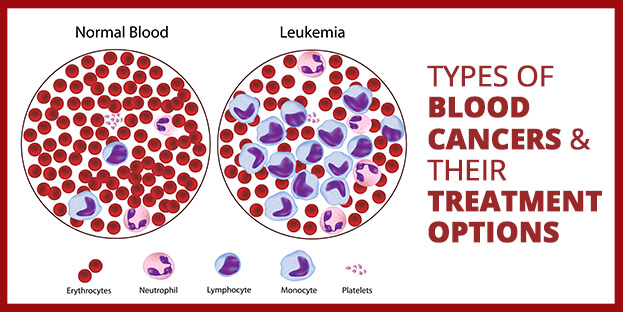
Blood Cancer – Types and Treatment
May 21, 2021
Dr. Rajesh Bollam
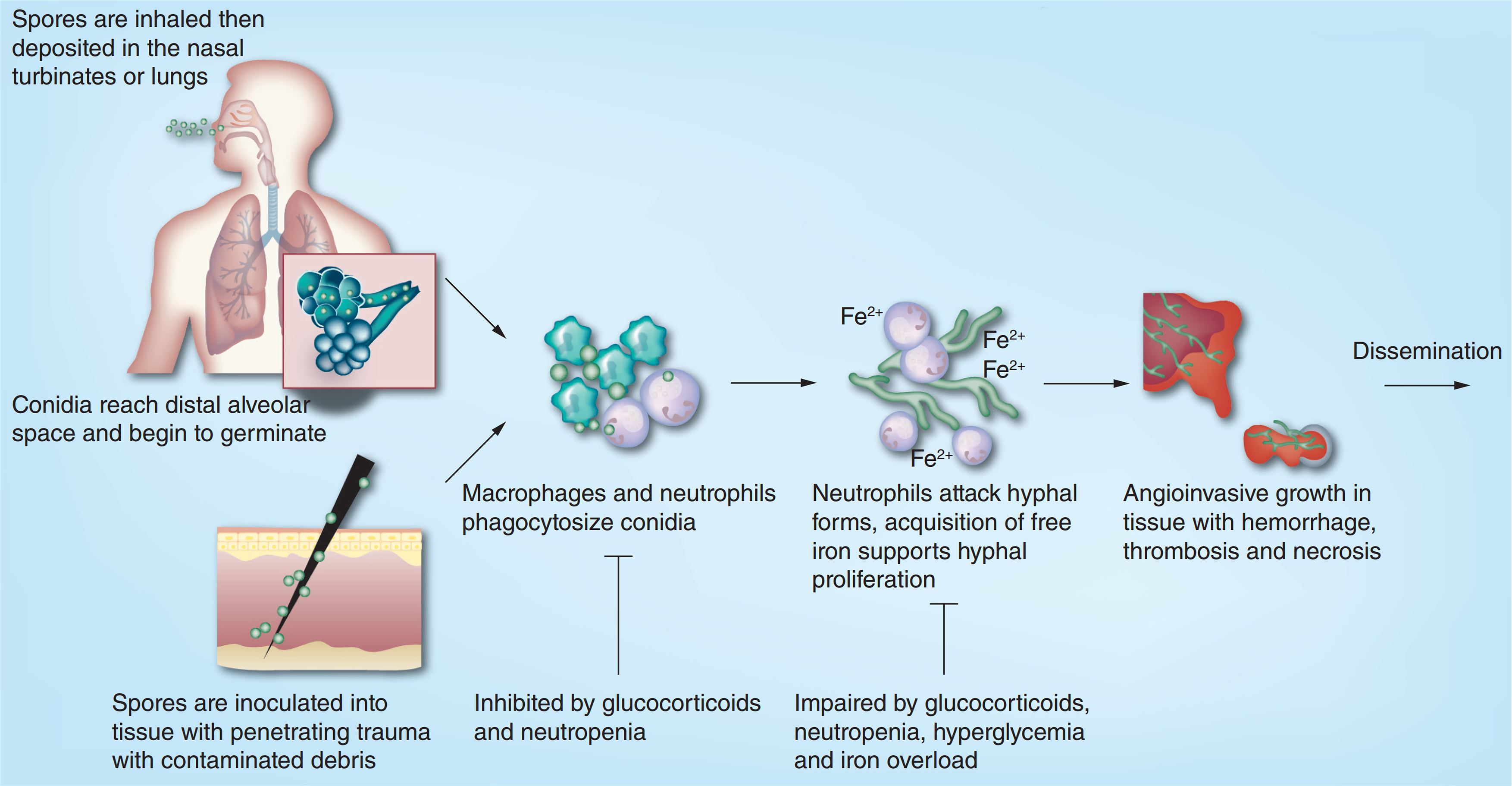
Reasons for mucormycosis in Covid-19
May 21, 2021
Dr. Rajesh Bollam
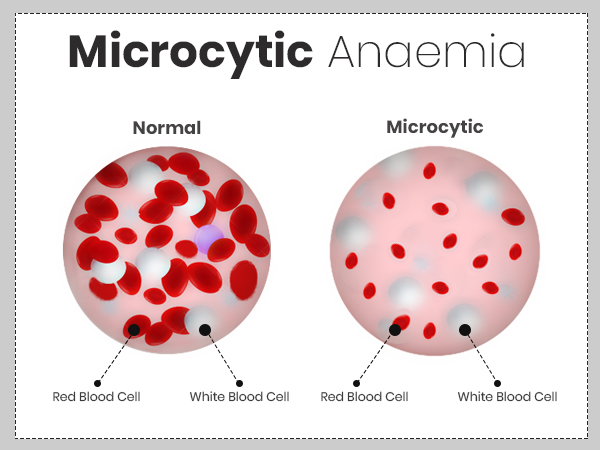
Microcytic and Hypochromic anemia is one of the common scenario we encounter in Clinics
May 21, 2021
Dr. Rajesh Bollam
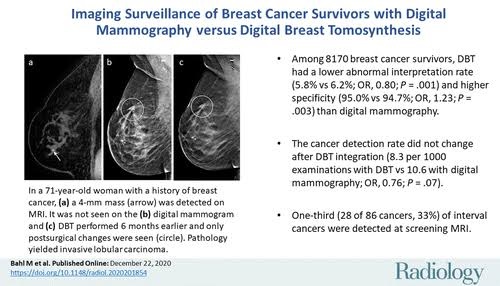
Updated Recommendations for Breast Cancer Surveillance in Young Female Cancer Survivors
May 21, 2021
Dr. Rajesh Bollam
vs
May 14, 2021
Dr. Rajesh Bollam
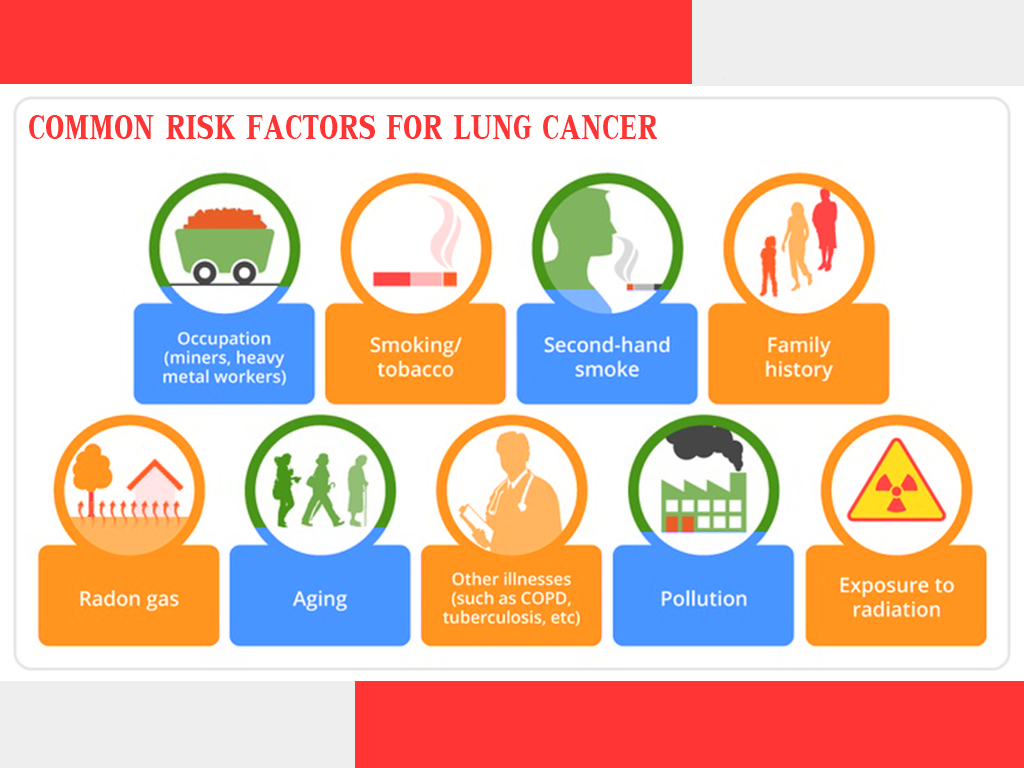
Risk Factors of Lung Cancer
Apr 06, 2021
Dr. Rajesh Bollam
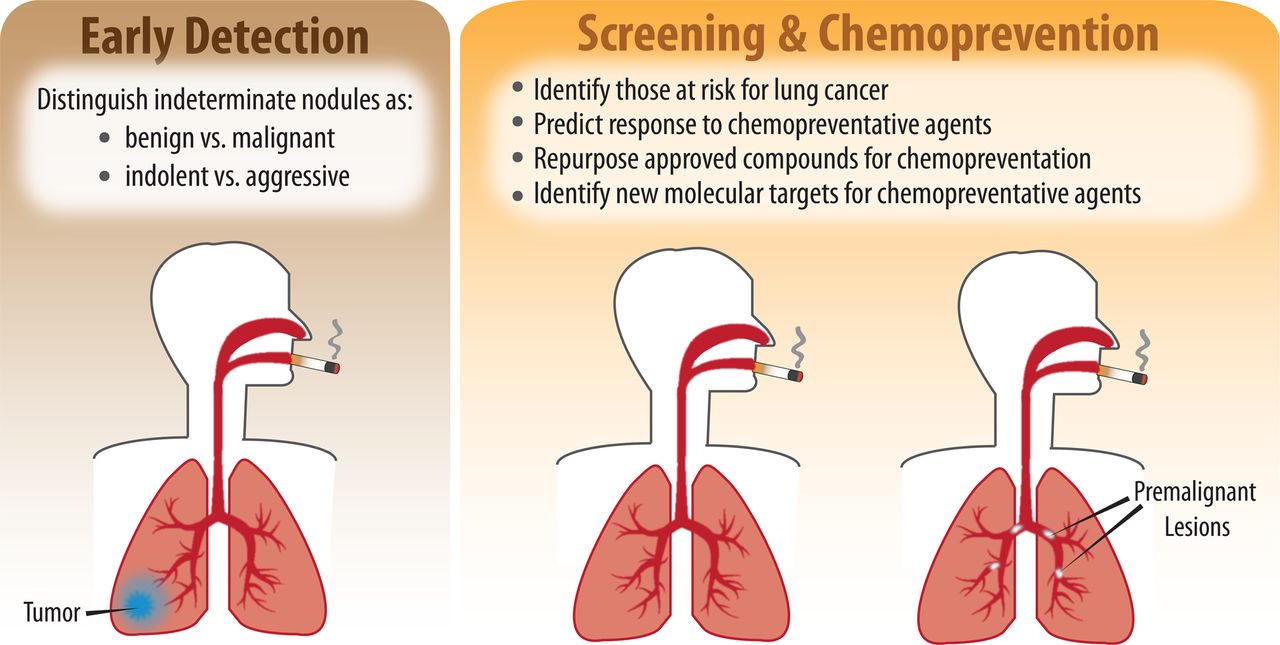
Diagnosing lung cancer
Apr 06, 2021
Dr. Rajesh Bollam
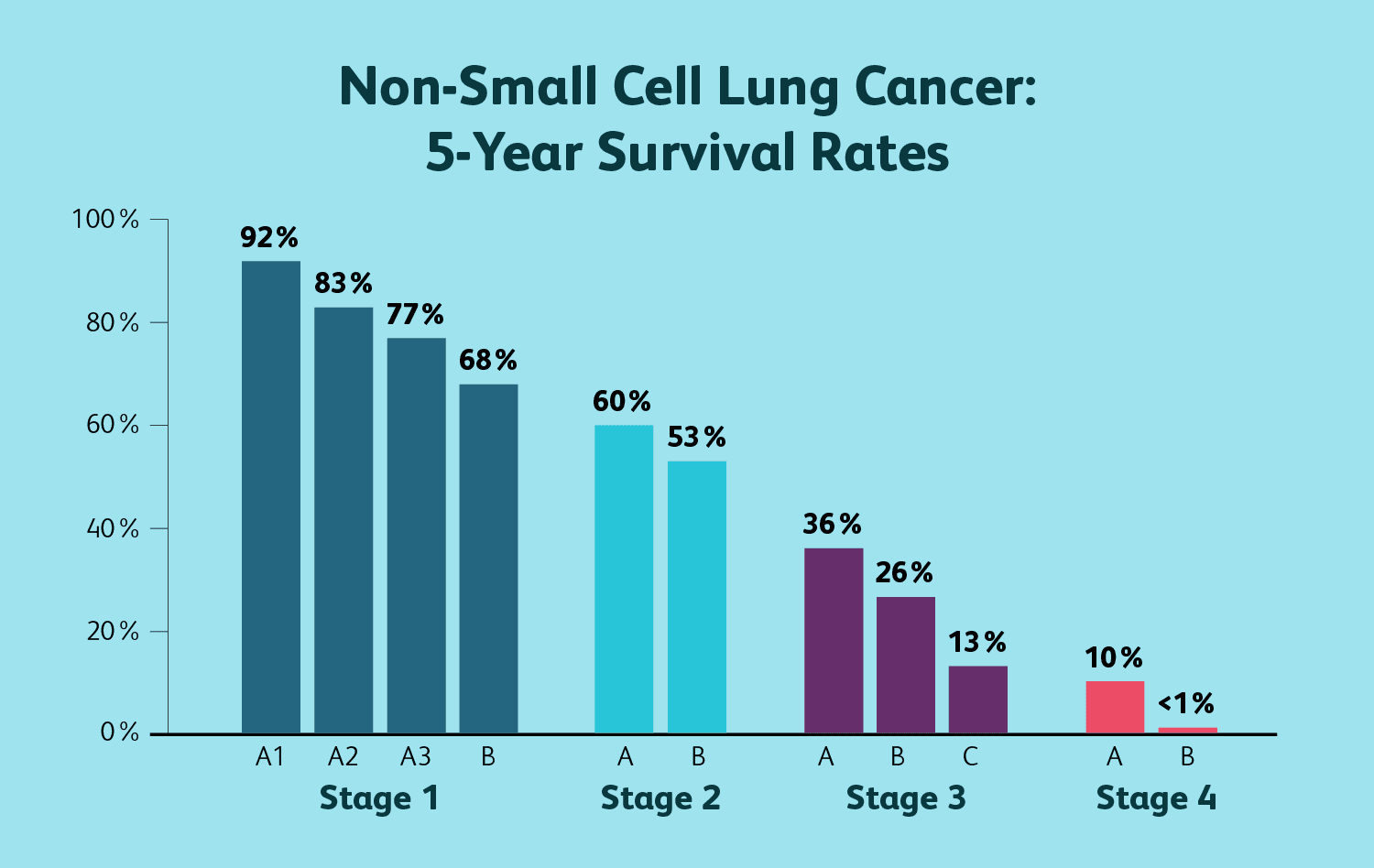
Lung cancer and life expectancy
Apr 06, 2021
Dr. Rajesh Bollam
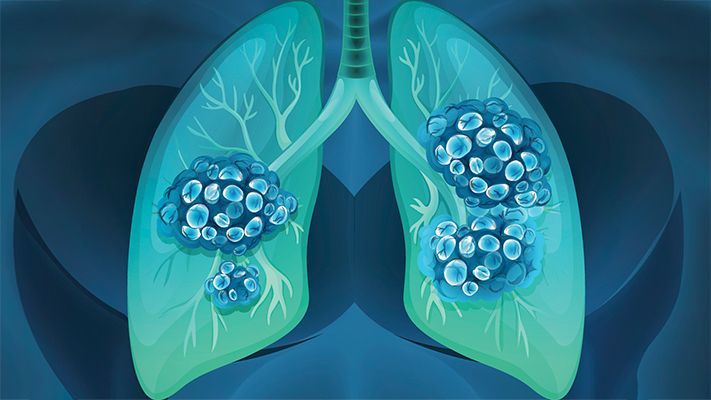
Home remedies for lung cancer symptoms
Apr 06, 2021
Dr. Rajesh Bollam
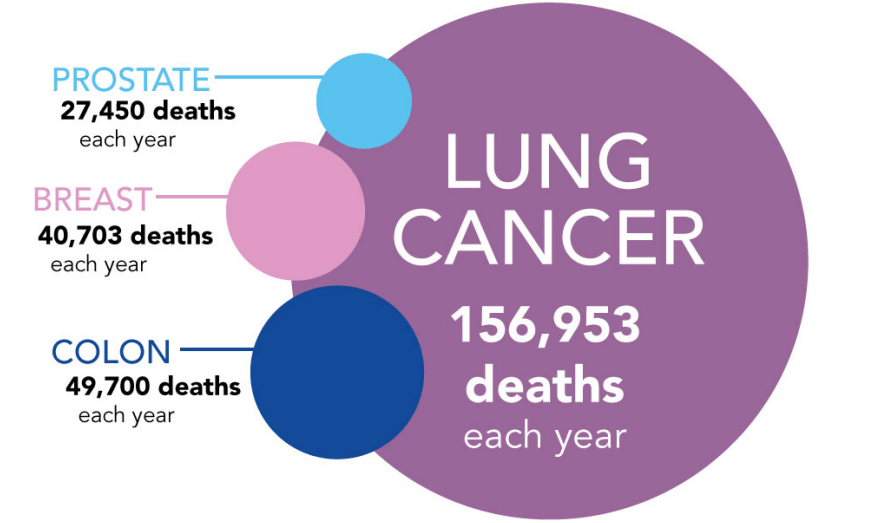
Facts and statistics about lung cancer
Apr 06, 2021
Dr. Rajesh Bollam

Diet recommendations for people with lung cancer
Apr 06, 2021
Dr. Rajesh Bollam
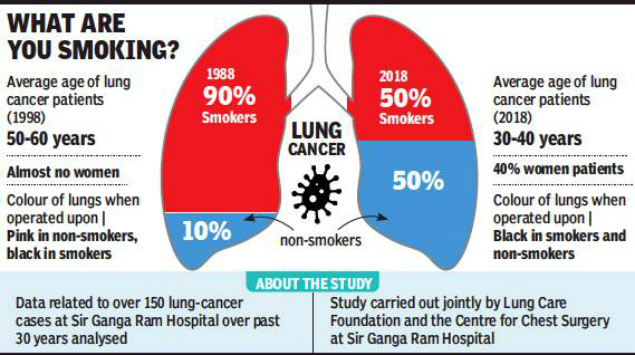
Lung cancer and smoking
Apr 06, 2021
Dr. Rajesh Bollam
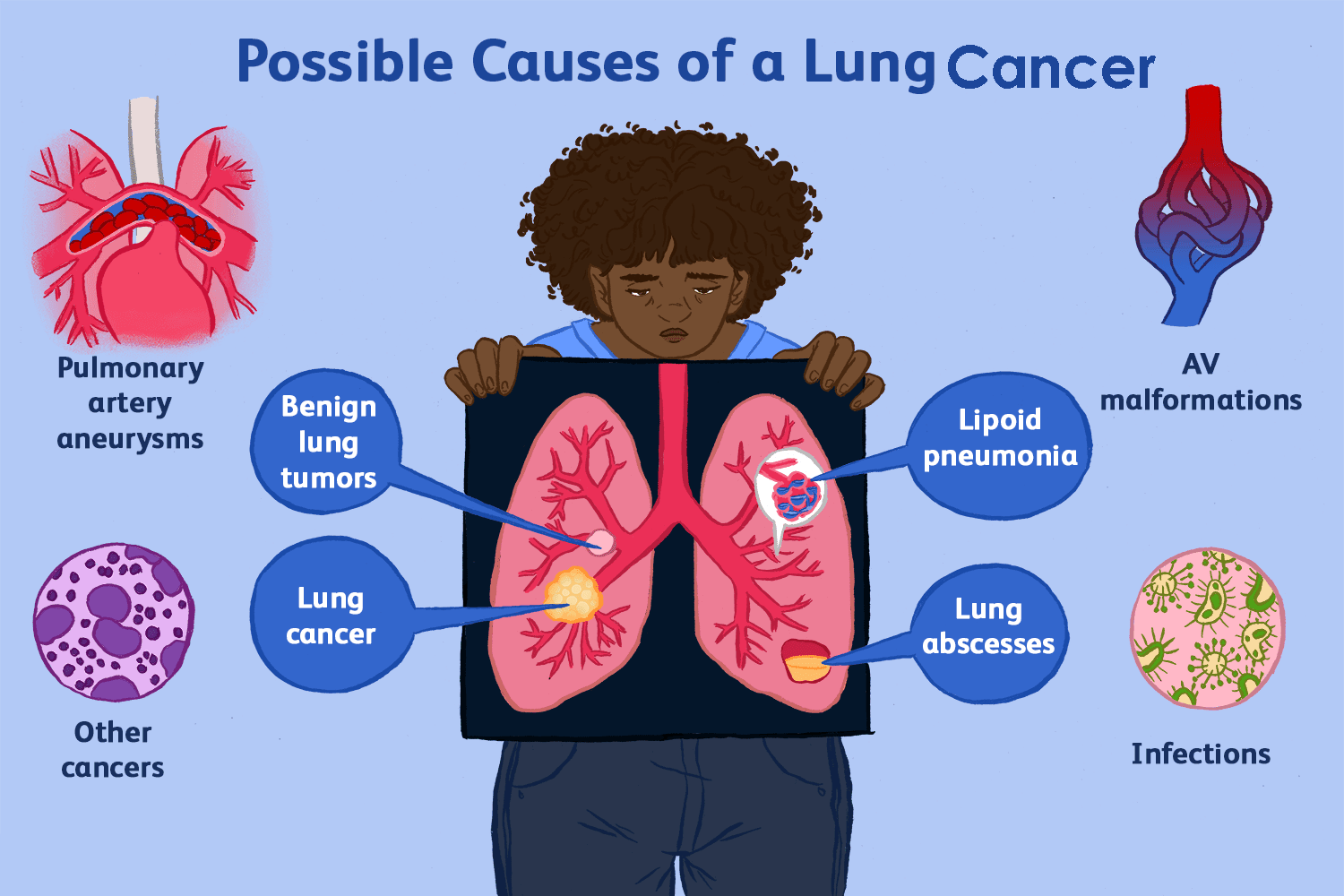
Causes of Lung Cancer
Apr 06, 2021
Dr. Rajesh Bollam
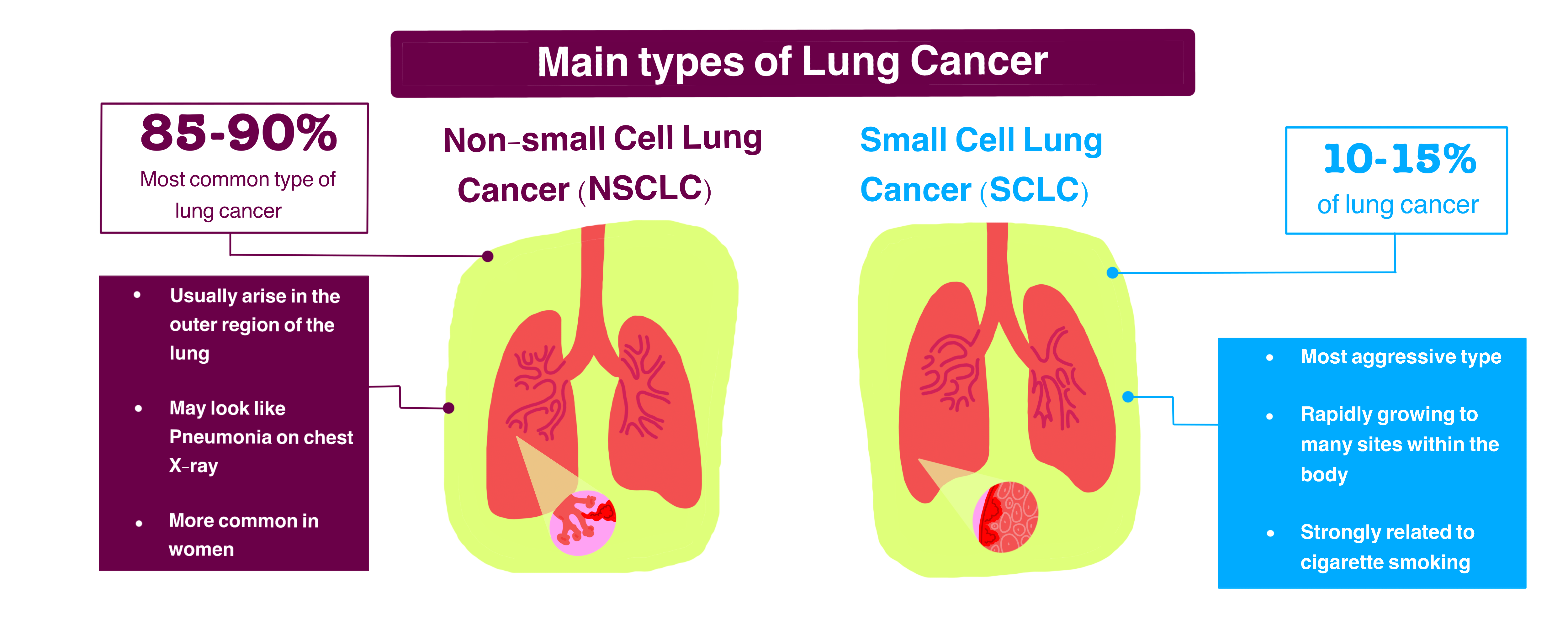
Different Types of Lung Cancer
Apr 06, 2021
Dr. Rajesh Bollam
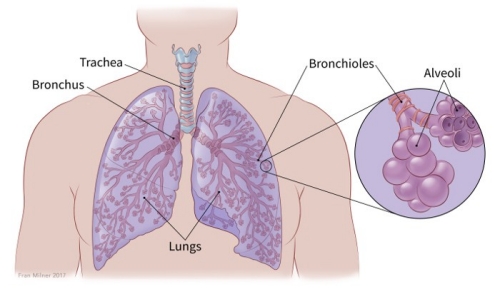
Lung Cancer and its types
Apr 06, 2021
Dr. Rajesh Bollam
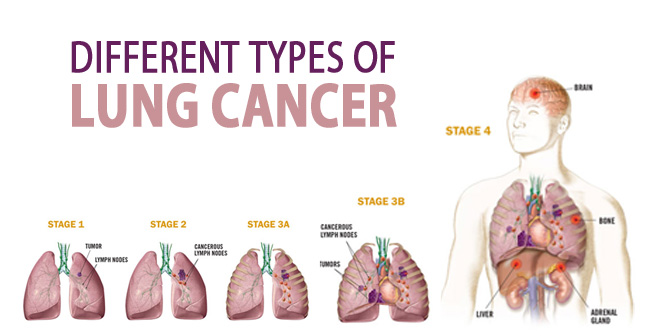
Stages of LUNG CANCER
Apr 06, 2021
Dr. Rajesh Bollam
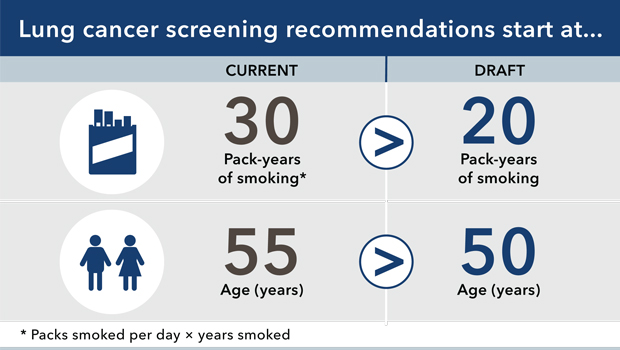
Lung Cancer and Lung Cancer Screening
Apr 06, 2021
Dr. Rajesh Bollam

What are the symptoms of lung cancer
Apr 06, 2021
Dr. Rajesh Bollam
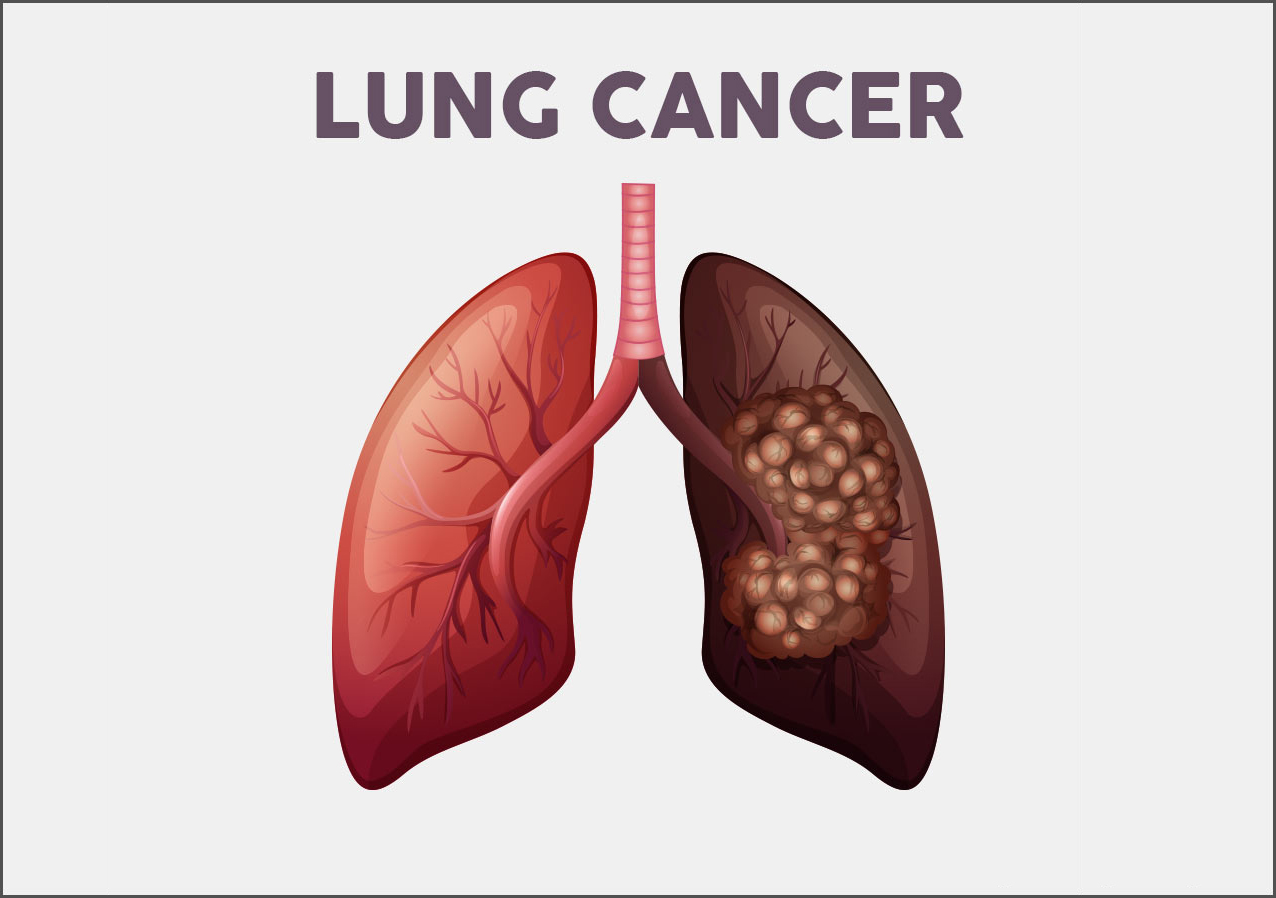
Lung cancer occurs when cells divide in the lungs uncontrollably.
Apr 06, 2021
Dr. Rajesh Bollam
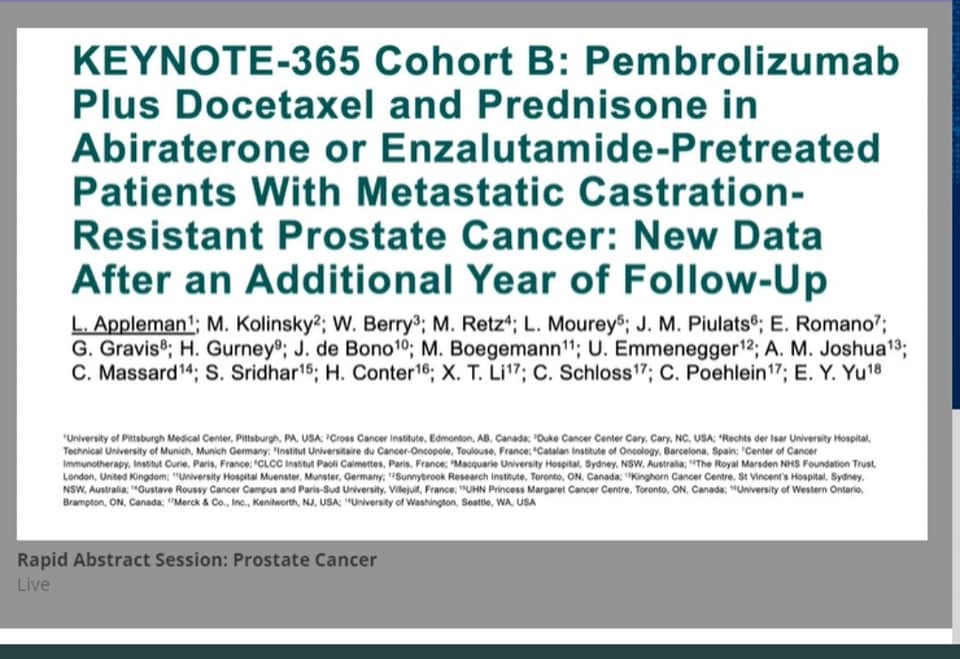
KEYNOTE-365
Mar 12, 2021
Dr. Rajesh Bollam
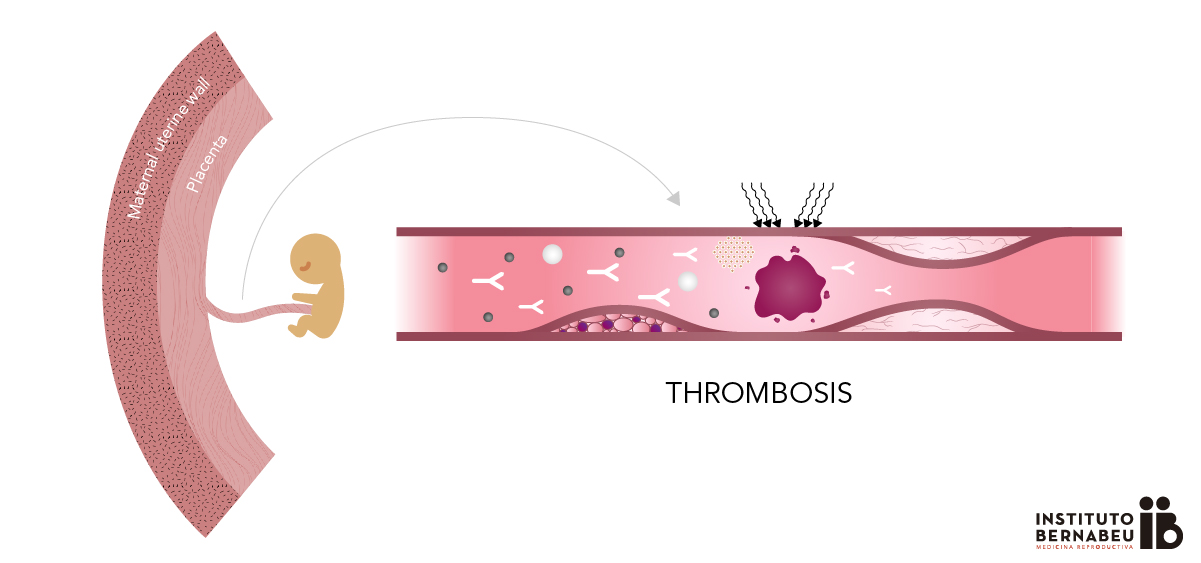
Antiphospholipid syndrome in Pregnancy
Mar 12, 2021
Dr. Rajesh Bollam
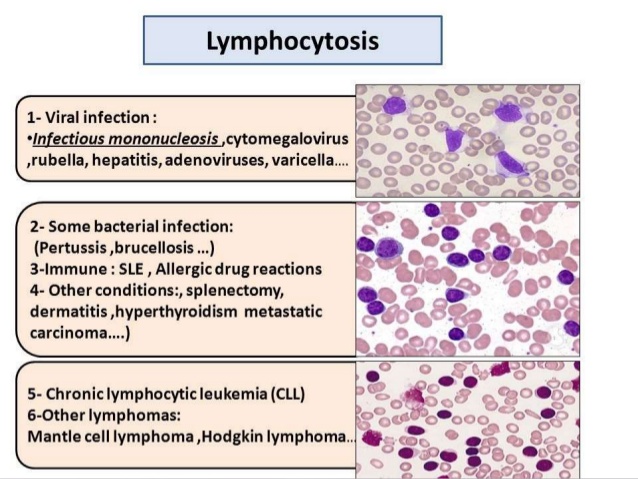
Leucocytosis
Mar 12, 2021
Dr. Rajesh Bollam
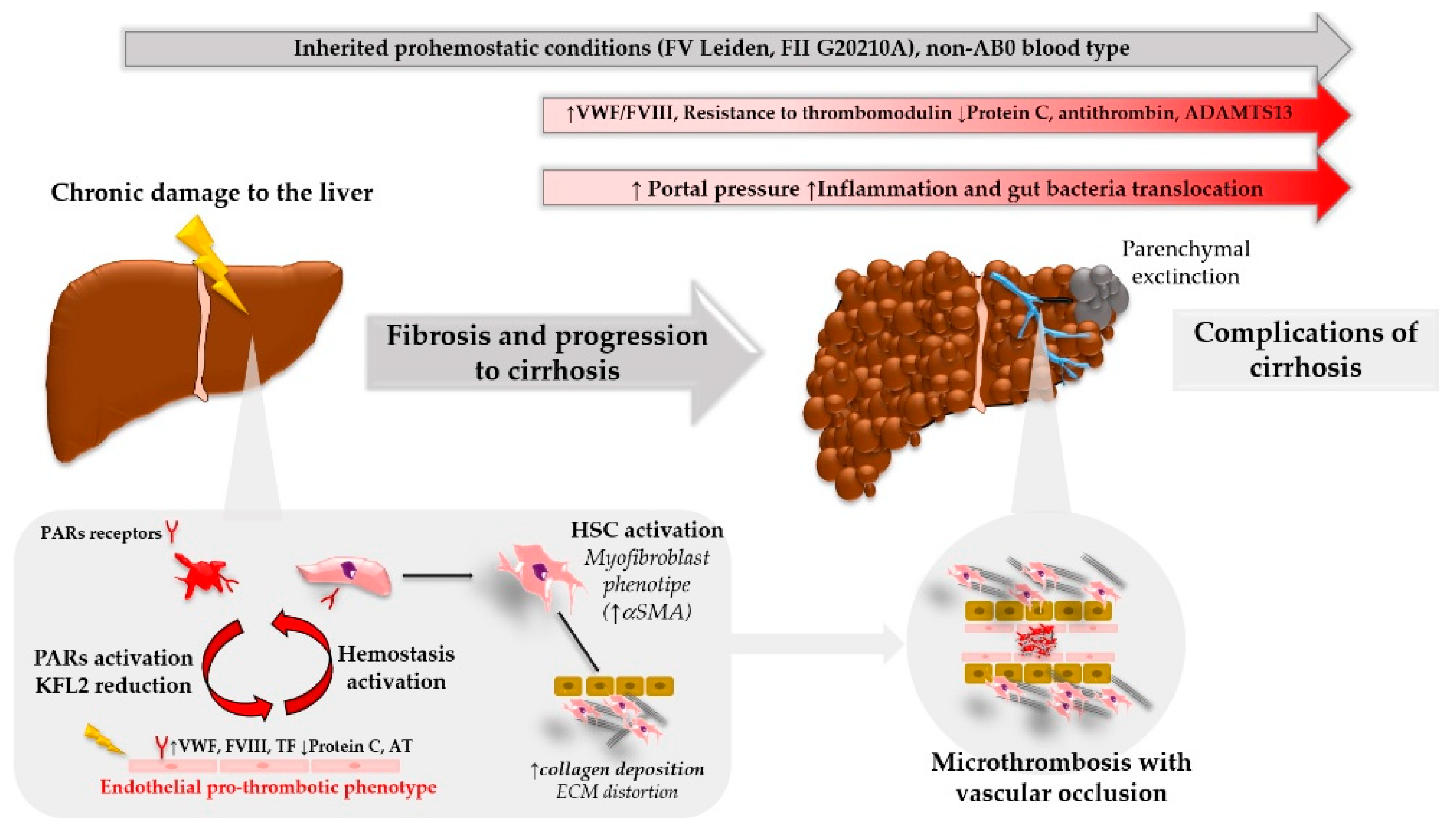
Patients with liver disease often have blood results that give an appearance of a significant bleeding risk
Mar 12, 2021
Dr. Rajesh Bollam
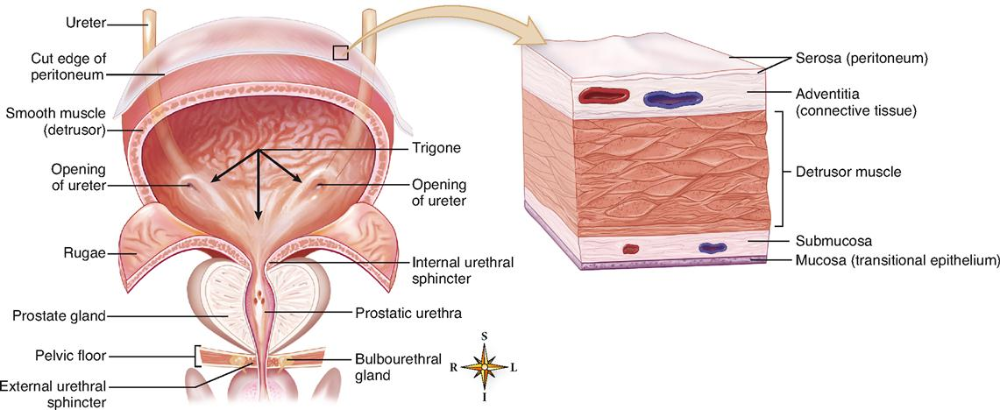
Navigating Uncertain Times in Muscle-Invasive and Advanced Bladder Cancer
Mar 12, 2021
Dr. Rajesh Bollam
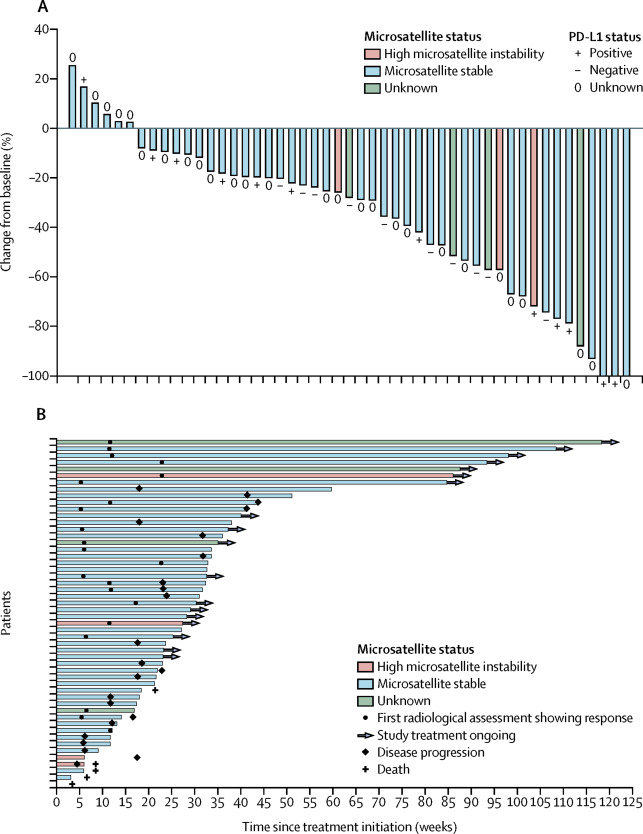
Lenvatinib plus pembrolizumab
Mar 12, 2021
Dr. Rajesh Bollam
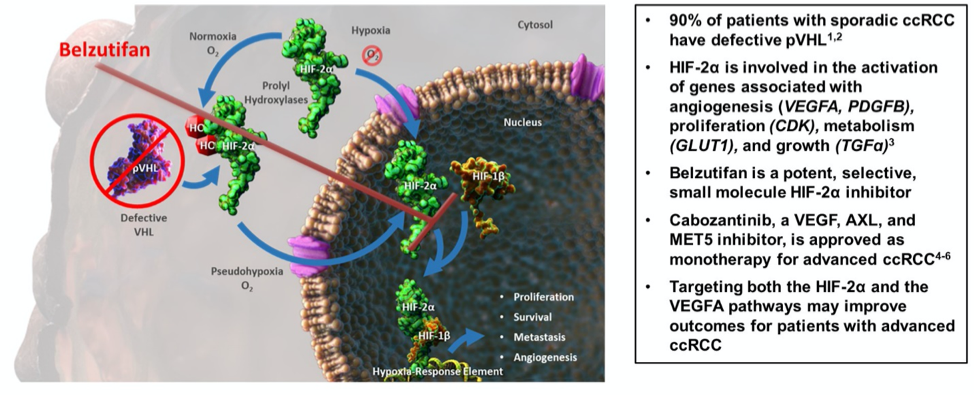
From bench to bedside, another practice-changing treatment is on the road!
Mar 12, 2021
Dr. Rajesh Bollam
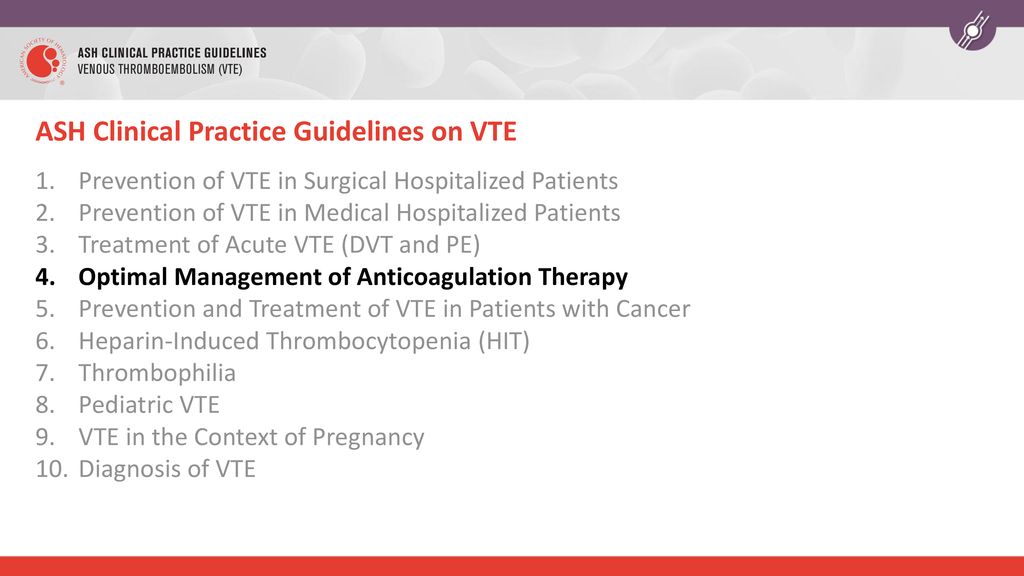
ASH_hematology VTE guidelines in patients with cancer
Mar 12, 2021
Dr. Rajesh Bollam
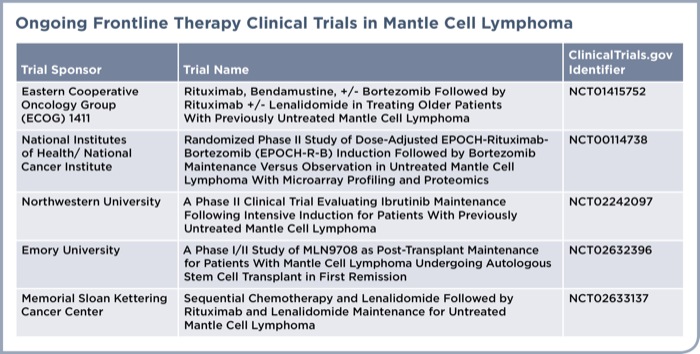
How I Rx Newly Diagnosed Mantle Cell Lymphoma
Mar 12, 2021
Dr. Rajesh Bollam
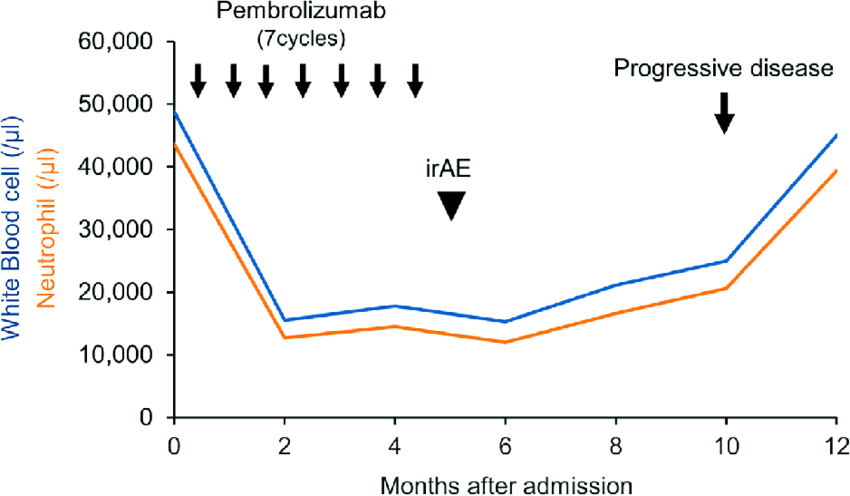
Ipilumumab plus pembrolizumab vs pembrolizumab alone in pdL1 more than 50 percentage Which is better
Mar 12, 2021
Dr. Rajesh Bollam

APML is medical emergency
Mar 11, 2021
Dr. Rajesh Bollam
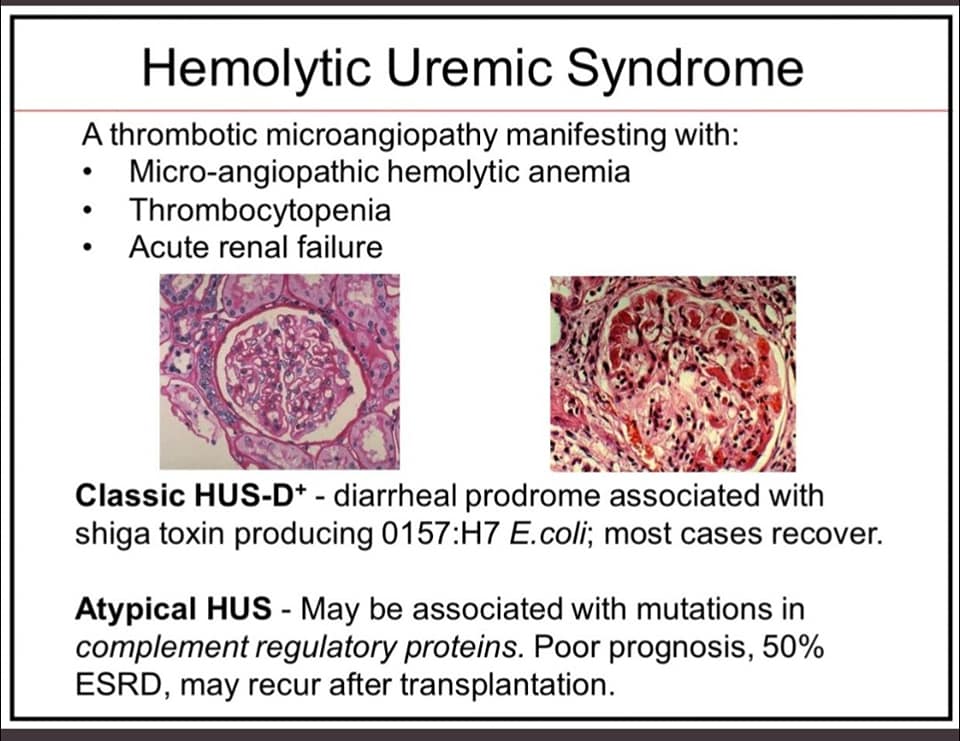
aHUS is a disease of excessive activation of the alternative complement pathway (ACP)
Mar 11, 2021
Dr. Rajesh Bollam
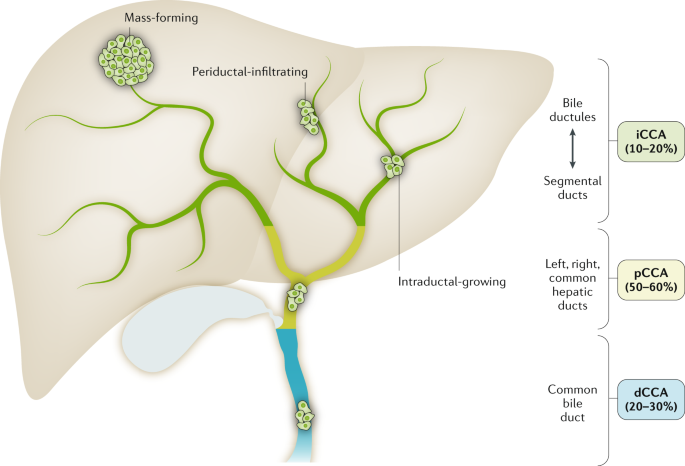
imp. point to reiterate
Mar 11, 2021
Dr. Rajesh Bollam
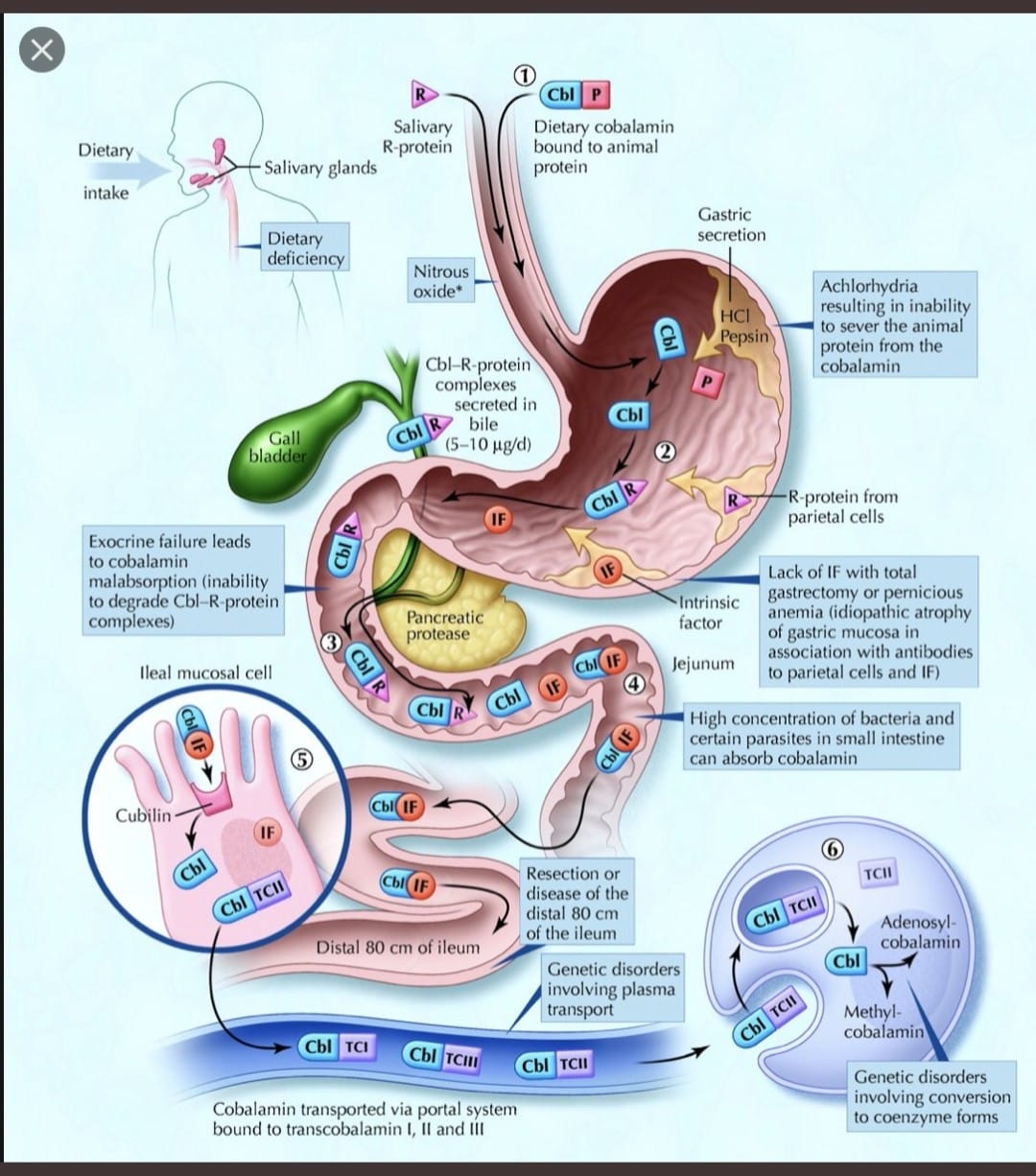
Understand B12 Absorption to Learn B12 Def
Mar 11, 2021
Dr. Rajesh Bollam
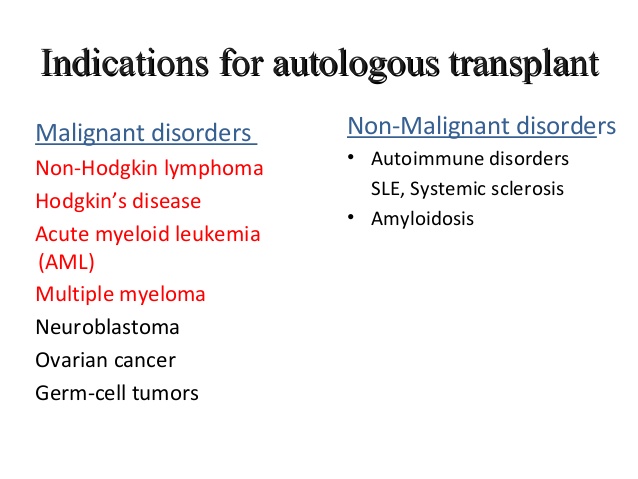
Indications for auto-transplant - for the oncology fellows
Mar 09, 2021
Dr. Rajesh Bollam
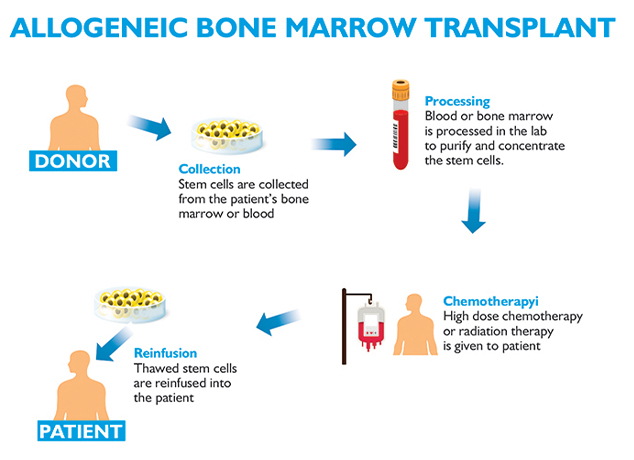
Allogeneic bone marrow transplant is the curative treatment for few relapsed leukemias and Lymphoma
Mar 09, 2021
Dr. Rajesh Bollam
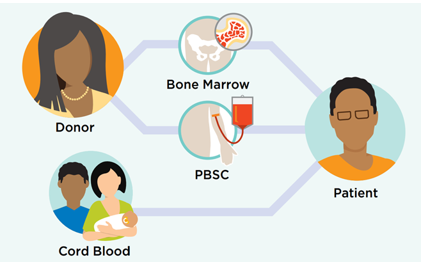
Allo BMT Basics
Mar 09, 2021
Dr. Rajesh Bollam
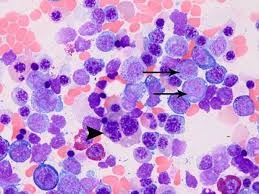
Myeloid HemePath Pearls
Mar 09, 2021
Dr. Rajesh Bollam
Myeloid HemePath Pearls
Mar 09, 2021
Dr. Rajesh Bollam
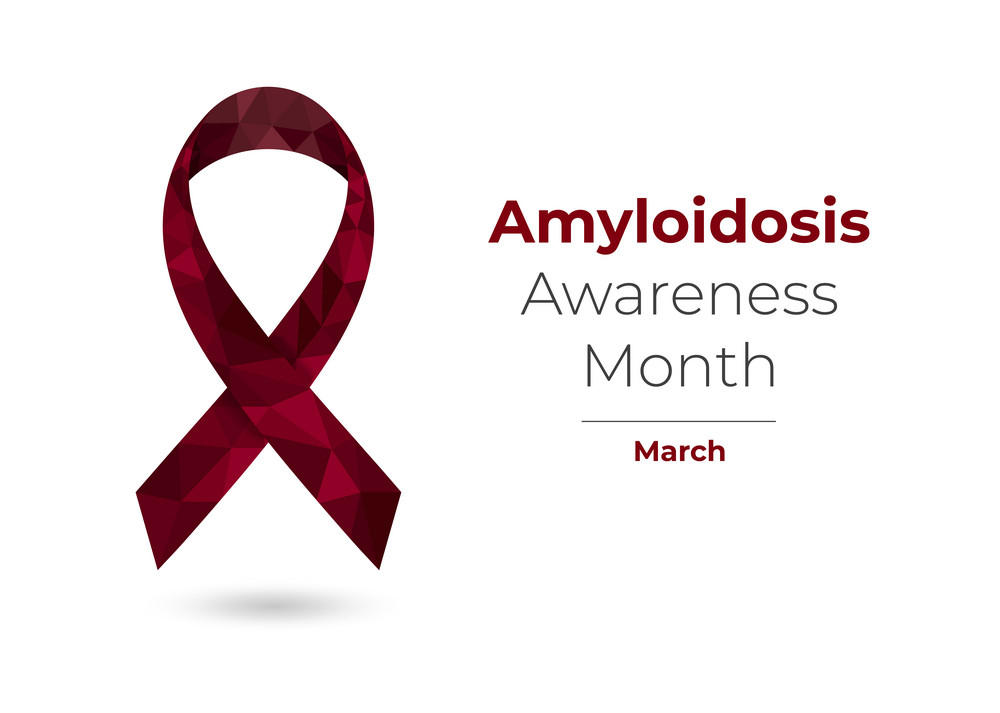
Amyloidosis month
Mar 03, 2021
Dr. Rajesh Bollam
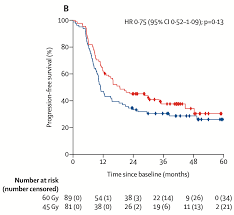
Full publication of randomized Scandinavian dose escalation trial for LS SCLC
Mar 03, 2021
Dr. Rajesh Bollam
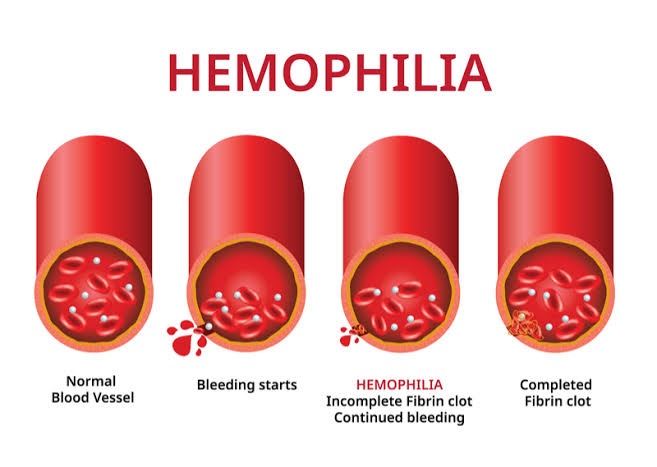
Hemophilia
Mar 03, 2021
Dr. Rajesh Bollam
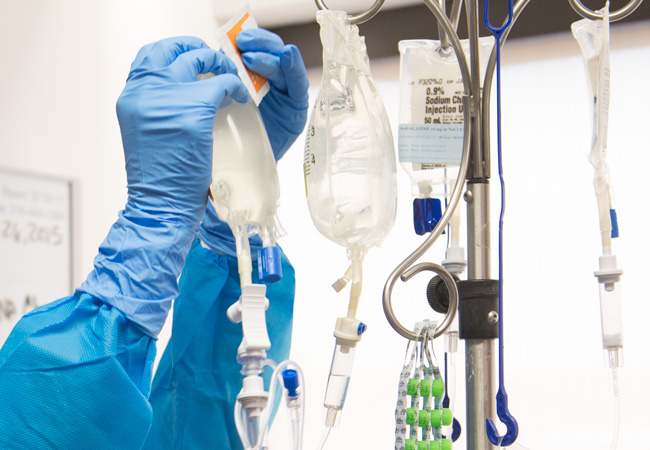
Rituximab Maintenance for Follicular lymphoma
Mar 03, 2021
Dr. Rajesh Bollam
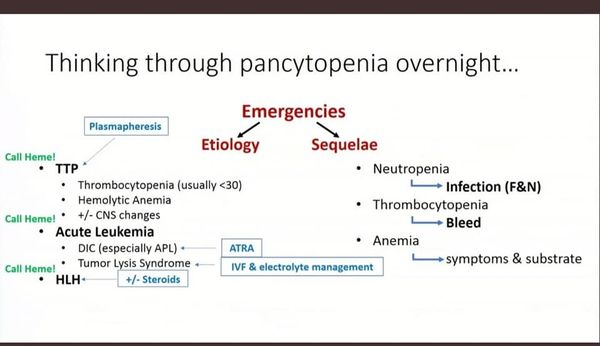
PANCYTOPENIA
Feb 23, 2021
Dr. Rajesh Bollam
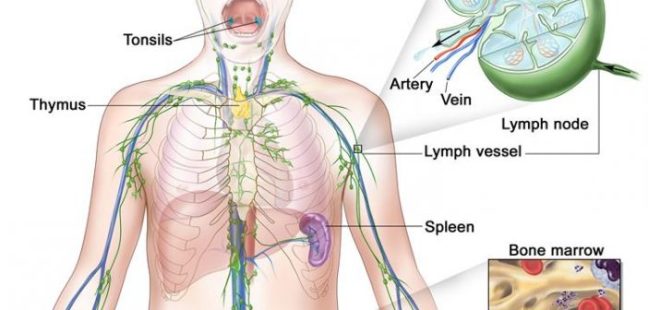
WHAT IS THE MAIN CAUSE OF LYMPHOMA?
Feb 18, 2021
Dr. Rajesh Bollam
Add a comment